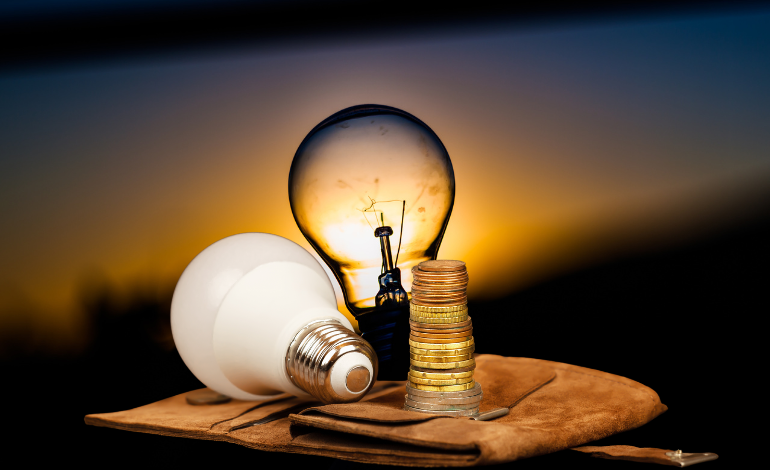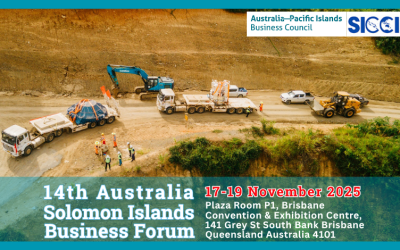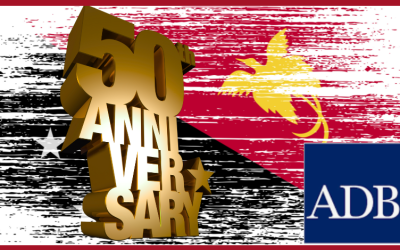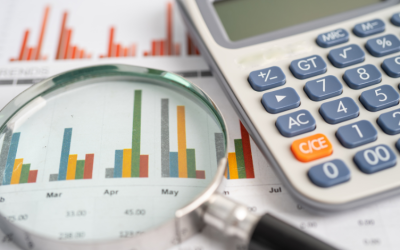Papua New Guinea’s energy crisis remains one of the country’s most critical barriers to economic growth, a theme that was at the forefront of Minister for International Trade and Investment, Hon. Richard Maru’s address at the recent Petroleum and Energy Conference 2024 in Port Moresby. The minister highlighted that nearly fifty years after independence, PNG is still plagued by chronic energy shortages and high electricity costs, which deter investment and impede daily life. In particular, the country’s electrification rate stands at a low 19 per cent, meaning that over 80 per cent of PNG’s population — mainly in rural areas — lacks reliable access to power. This is in stark contrast to neighbouring countries like Indonesia, where access rates exceed 98 per cent, supporting robust industrial growth and a higher standard of living.
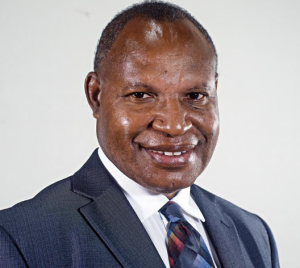
Minister for International Trade and Investment, Hon. Richard Maru.
The high cost of electricity in PNG is a key factor undermining its competitive edge. According to a report from the World Bank, PNG’s electricity tariffs are among the highest in the world, reaching nearly US$0.50 per kilowatt-hour (kWh), compared to US$0.08 per kWh in Indonesia. Such high costs are unsustainable for energy-intensive industries, making it difficult for PNG to attract investment in sectors like manufacturing, fisheries, and processing, which Maru identified as critical to the nation’s economic diversification. For instance, in Madang province, blackouts are not merely an inconvenience but a major impediment to the establishment of a fish cannery that could generate thousands of local jobs. The frequent power cuts have deterred investors, who require a stable energy supply to operate efficiently.
PNG’s abundant natural resources, including hydro, solar, and wave energy, remain underutilised due to infrastructure limitations and a lack of cohesive policy. While hydroelectric power accounts for around 40 per cent of the country’s energy generation, many potential sites for hydropower plants have yet to be developed. Solar energy, which could serve remote communities, also remains largely untapped, even though PNG receives high solar irradiance levels that would make solar power economically viable. The development of these resources would reduce dependency on costly diesel imports, which currently power most of the country’s grid, adding to the financial burden and environmental impact.
In his speech, Minister Maru called for a strategic shift towards renewable energy, aligning with global movements towards carbon neutrality by 2050. He emphasised the need for deregulation and incentives to attract foreign and local investment in the energy sector. The PNG Electrification Partnership, launched in 2018 with the aim to increase electricity access to 70 per cent of the population by 2030, was meant to drive this transformation but has seen limited progress. Maru stressed the importance of infrastructure improvements and market reforms to realise this goal.
PNG stands at a critical juncture. With the right mix of policies, investment, and commitment to renewable energy, the nation could reduce electricity costs, attract diverse industries, and improve the quality of life for its citizens. Minister Maru’s call to action underscores the need for coordinated efforts among government, private sector, and international partners to resolve PNG’s energy crisis and unlock its economic potential.
